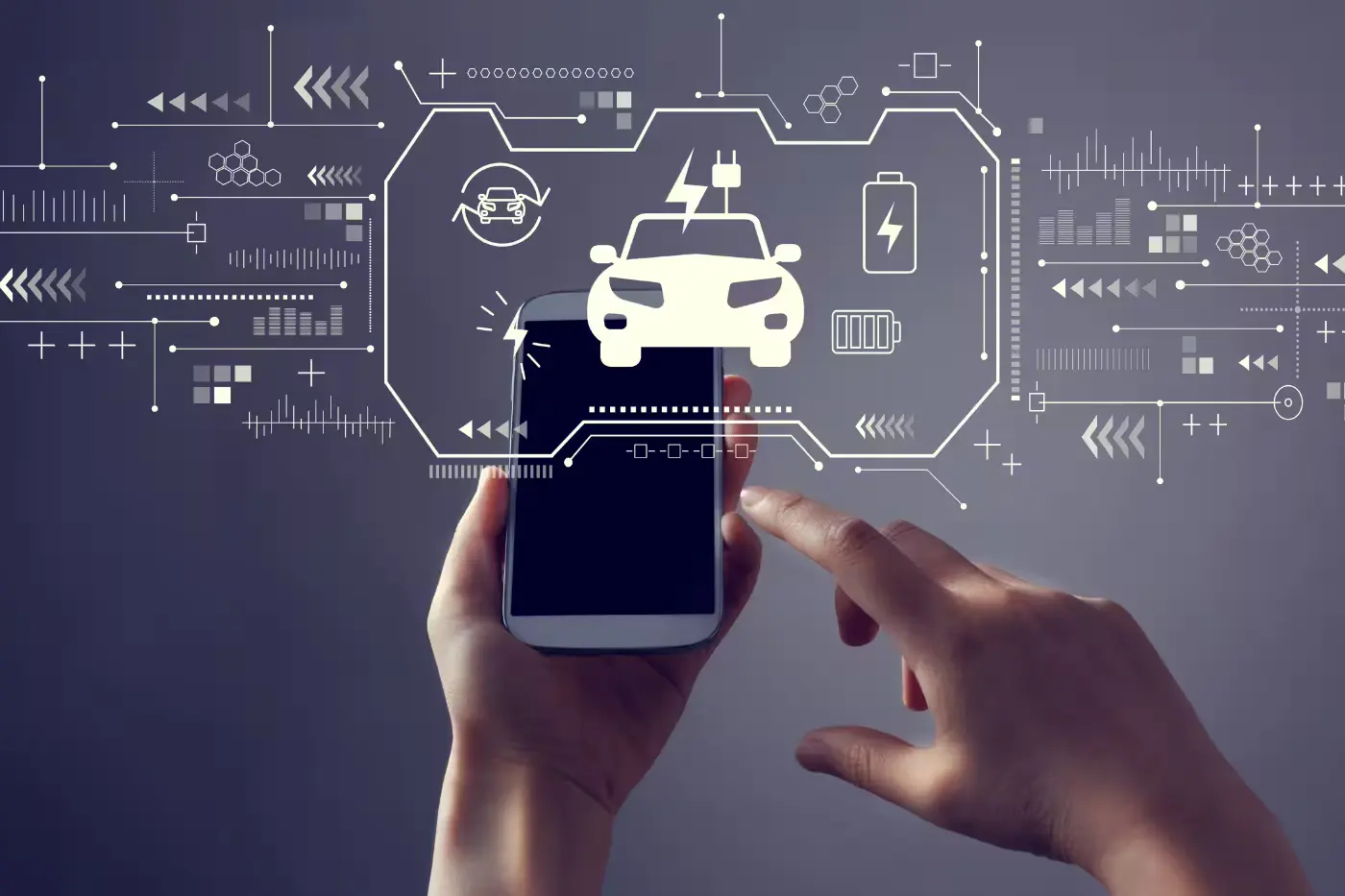As the world continues to grapple with the impacts of climate change and seeks sustainable solutions, electric vehicles (EVs) remain at the forefront of the automotive industry’s transformation. With innovations emerging rapidly, 2024 is shaping up to be a hallmark year for electric vehicle technology. Lets take an in-depth look at the latest advancements in battery technology, charging infrastructure, software capabilities, sustainability practices, and autonomous driving, showcasing how these developments are paving the way for a greener future.
1. Battery Technology: The Heart of Electric Vehicles
Battery technology continues to be a focal point of innovation in the electric vehicle sector. In 2024, significant strides have been made in various aspects of battery development that promise not only to enhance EV performance but also to extend their environmental viability.
Solid-State Batteries Take Center Stage
Solid-state batteries, which utilize solid electrolytes instead of liquid ones, have gained traction in 2024. Their advantages include higher energy density, improved safety, and longer life cycles. Companies like Toyota and QuantumScape have made headlines with their successful tests and early-stage production of solid-state battery technology. These batteries can provide up to 500 miles of range on a single charge with a reduced risk of fire, revolutionizing the way consumers view electric mobility.
Battery Recycling and Second-Life Applications
Sustainability remains a priority, and this is reflected in the circular economy approach adopted by many manufacturers. In 2024, the focus has shifted towards battery recycling and repurposing. Processes involving the extraction of critical materials like lithium and nickel through environmentally friendly methods are becoming commonplace. Additionally, used EV batteries are being repurposed to support energy storage solutions in homes and businesses, providing a second life that benefits both the economy and the environment.
2. Charging Infrastructure: Convenience at the Forefront
To promote widespread EV adoption, robust charging infrastructure is crucial. In 2024, enhancements in charging technology and accessibility have made significant contributions to easing consumer concerns over EV usability.
Ultra-Fast Charging Stations
The emergence of ultra-fast charging networks has become a game-changer for EV drivers. Charging stations capable of delivering up to 500 kW have been installed along major highways, providing 80% charge in less than 15 minutes. Companies like Electrify America and Ionity are expanding their networks rapidly, making long-distance travel more convenient than ever.
Integrated Charging Solutions
In addition to standalone charging stations, integrated charging solutions are being implemented in urban areas. Smart charging points that can be found in parking lots, shopping centers, and even residential complexes are providing users with varied options to power their vehicles. Furthermore, the introduction of charging-as-a-service models is allowing EV drivers to subscribe to charging networks, offering flexibility and reducing the need for costly installations at home.
3. Software and Connectivity: The Digital Touch
As cars evolve into smart devices, software plays an increasingly critical role in enhancing the electric driving experience. In 2024, technological innovations in this space are leading to richer, more connected experiences.
Advanced Driver Assistance Systems (ADAS)
Modern EVs feature sophisticated advanced driver assistance systems that utilize machine learning and real-time data analysis. Improvements in sensor technologies, including LiDAR and radar, ensure that vehicles can accurately perceive their environment, providing features such as lane-keeping assistance, adaptive cruise control, and automatic emergency braking.
AI-Powered Personalization
Software applications powered by artificial intelligence have taken driver customization to new heights. Many EV manufacturers are now offering user-centric dashboards that learn driver preferences over time, adjusting climate controls, driving modes, and infotainment options accordingly. An AI-driven digital assistant can even help schedule maintenance or find the nearest charging station, making the overall experience more seamless for drivers.
4. Sustainability and Ethical Manufacturing
Sustainability in the automotive sector extends beyond electric powertrains; it encompasses every aspect of vehicle design and manufacturing. In 2024, electric vehicle manufacturers are increasingly committed to environmentally ethical practices.
Sustainable Materials Revolution
The use of sustainable materials—such as natural fibers and recycled plastics—is becoming standard in EV production. Several companies are diverting efforts towards developing bio-based composites that reduce the carbon footprint of vehicles. With a focus on recyclability and sustainable sourcing, the industry is making strides toward producing vehicles that are not only efficient on the road but also environmentally friendly at the end of their life cycle.
Carbon Neutral Manufacturing
More manufacturers are embracing carbon-neutral production methods, aiming to minimize the environmental impact of manufacturing processes. Several major automakers have announced plans to shift their entire production lines to renewable energy sources, including powered solar manufacturing plants. This commitment to sustainability aligns with broader legislative goals and customer expectations for green products.
5. Autonomous Driving: Redefining Mobility
Autonomous driving technology is making rapid progress in 2024, paving the way for a future of transportation that is safer, more efficient, and more integrated.
Level 4 and Level 5 Autonomy
Some manufacturers have developed Level 4 and Level 5 autonomous systems, allowing vehicles to operate without human intervention in specific environments. Companies like Waymo and Tesla are leading the charge with successful pilot programs and real-world implementations of fully autonomous fleets, particularly in urban areas and designated routes.
Regulatory Evolution
As autonomous vehicles become increasingly prevalent, regulatory frameworks are evolving to keep pace with the technology. Governments are actively revisiting existing laws and integrating new standards to ensure safety and fairness in the deployment of self-driving cars. Public acceptance and infrastructure adaptation will remain critical challenges, but the foundations for a more autonomous future are being established.
The Future
The electric vehicle industry in 2024 is rapidly evolving, characterized by innovations that enhance battery technology, charging infrastructure, software capabilities, sustainable practices, and the onset of autonomous driving. With these advancements, electric vehicles are not just an alternative to traditional transportation but are set to transform our way of life.
Addressing environmental challenges while optimizing mobility solutions, the developments in EV technology contribute significantly to the greener future we aspire to achieve. As consumers, stakeholders, and innovators continue to embrace electrification, the push towards a more sustainable and connected world becomes increasingly tangible. The electric vehicle revolution is not just here to stay; it is accelerating toward a new horizon.

